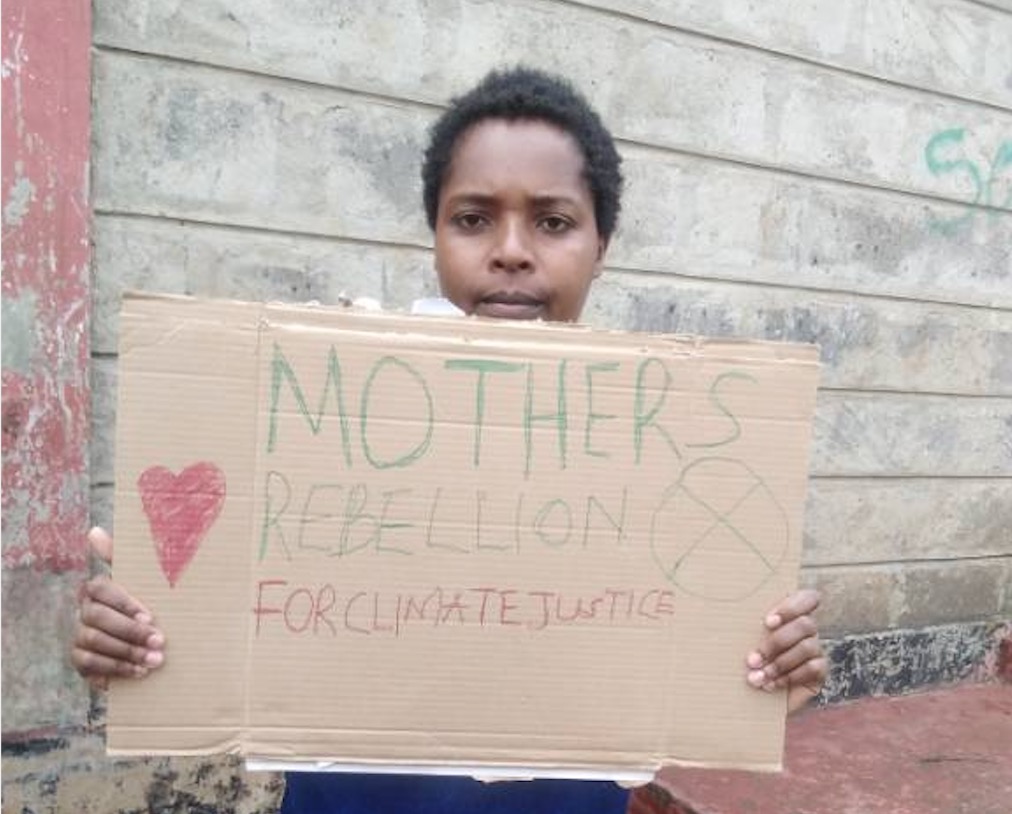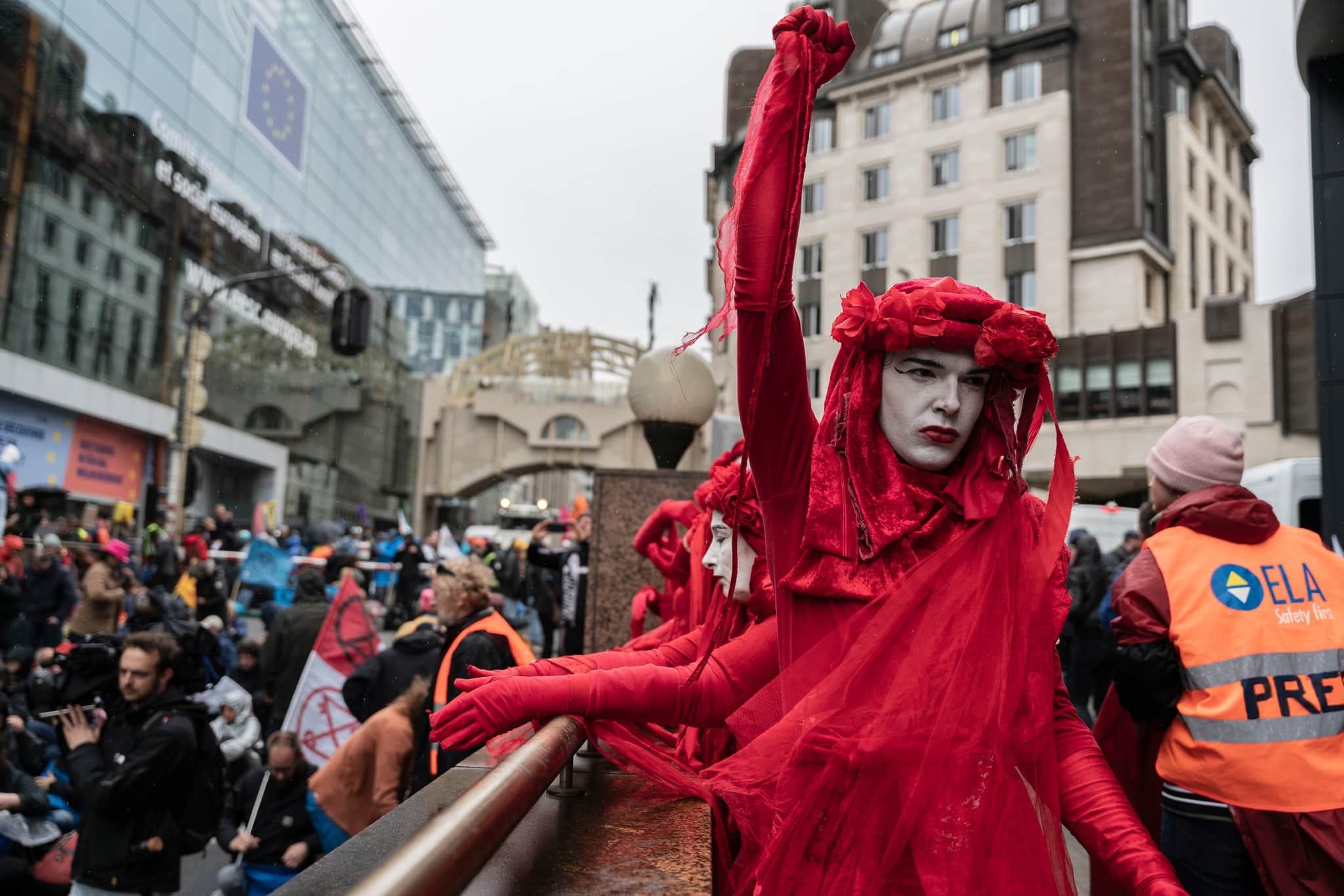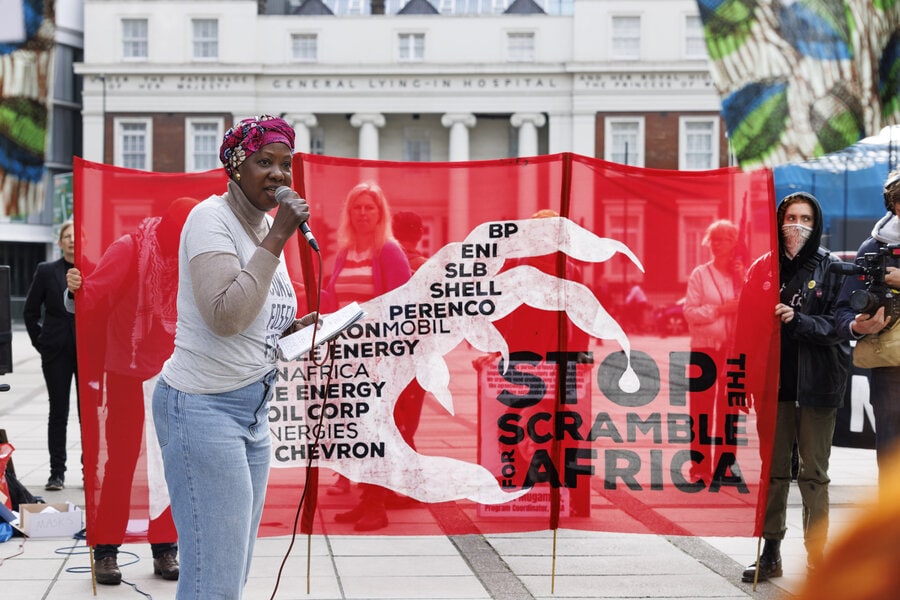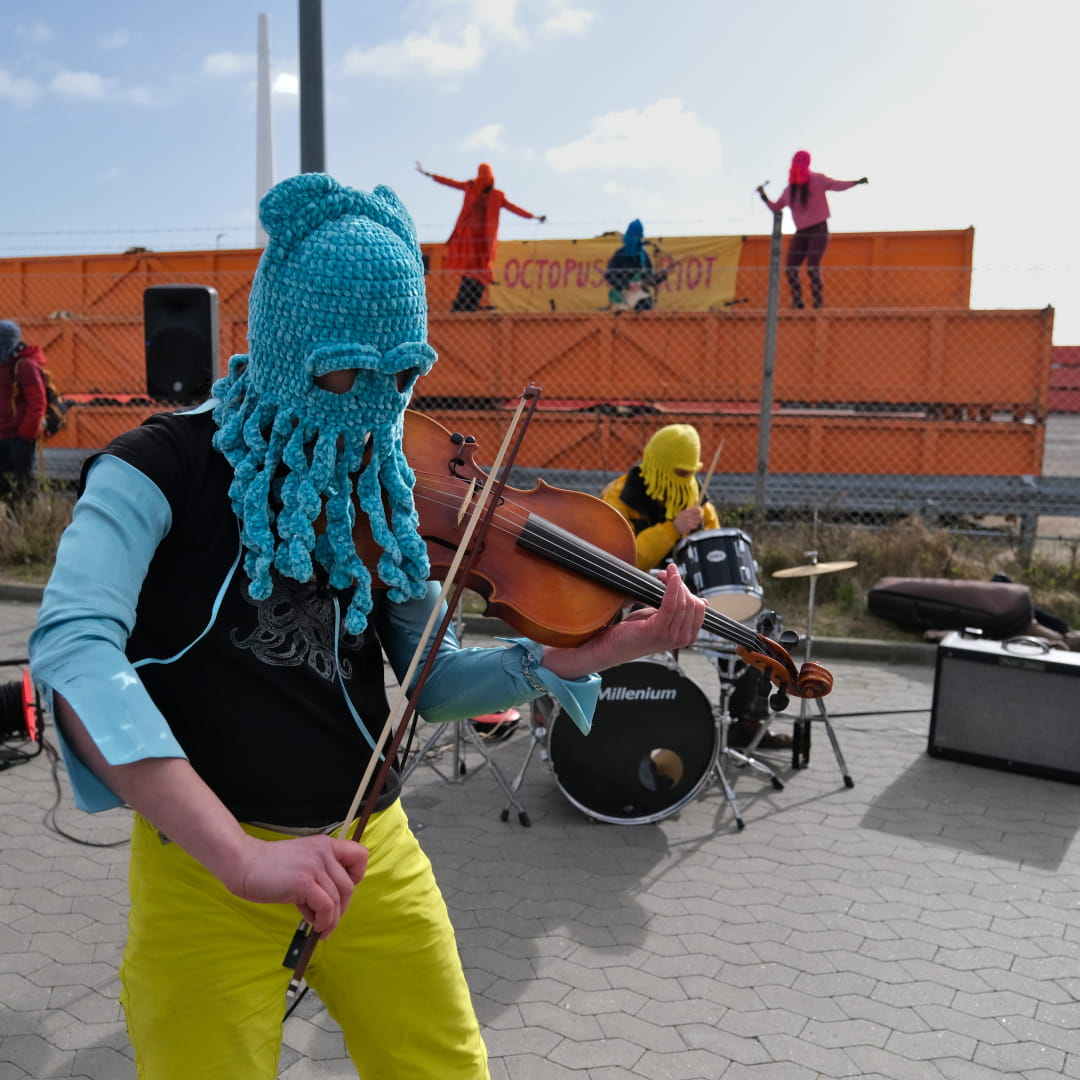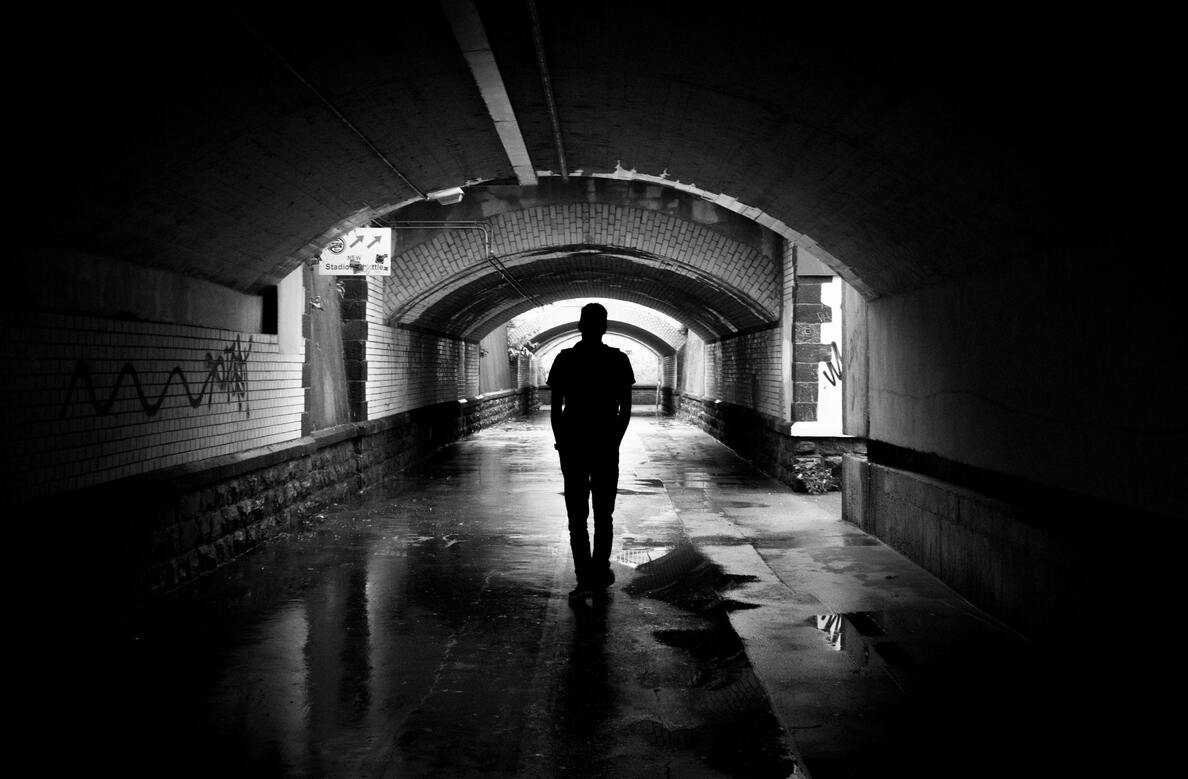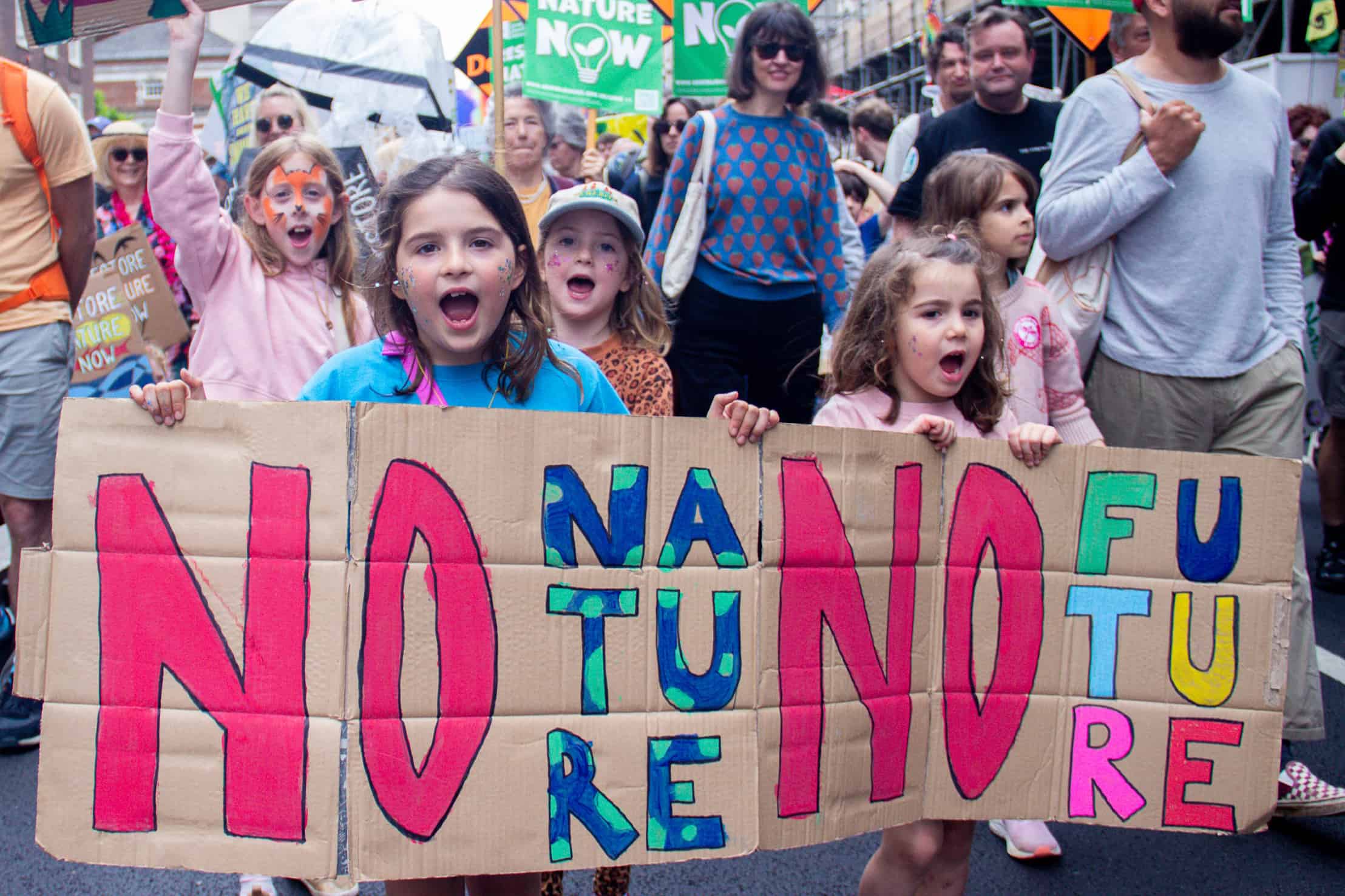In the run-up to COP26 in Glasgow, XR Global is sharing global stories of climate and ecological injustice to underline the need for genuinely equitable and just outcomes from the conference if it is to have any meaningful impact. This piece explores deforestation and destruction in the Congo Basin through the eyes of local activist and community organizer James, who is working tirelessly to protect and regenerate this vital and magnificent forest.
The Amazon rainforest continues to be in the media spotlight for its alarming rates of deforestation. However, less attention has been paid to the world’s second largest rainforest in the Congo Basin, which spans several central African countries and mostly coversing the north of the Democratic Republic of Congo (DRC).
With its 10.000 species of tropical plants and high number of endangered animals such as forest elephants, bonobos and mountain gorillas, it is one of the most important wilderness areas left on Earth. The forest is also home to 30 million indigenous people who rely on the forest system for their basic needs such as food and medicine. Compared to the Amazon rainforest, the Congo Basin’s trees are taller and more resilient and store one third more carbon over the same area.
Unfortunately, the forest’s ability to store carbon continues to be diminished by climate-change-induced heat rises and drought stifling the forest’s growth. On top of that, the Congo Basin sadly lost a forest area larger than Bangladesh between 2000 and 2014.
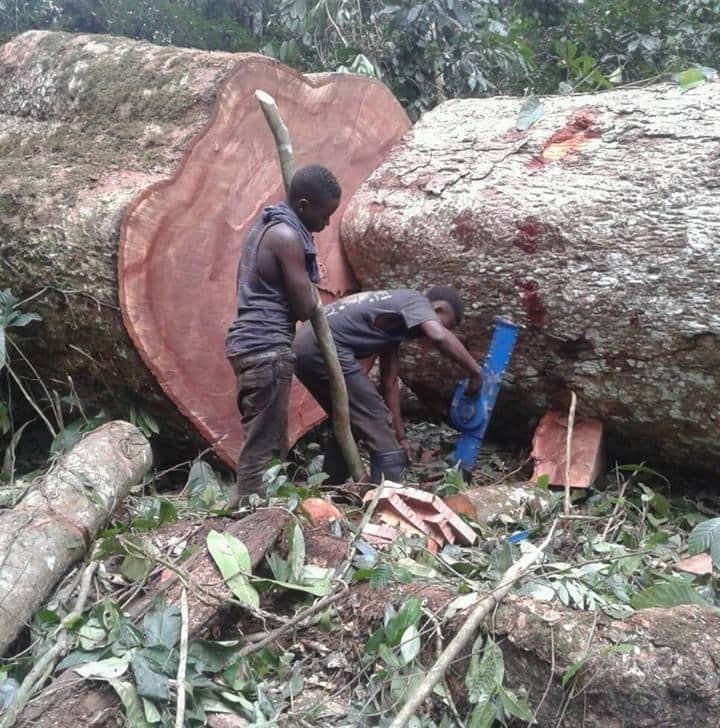
James, community organizer and founder of several XR groups in the DRC, cites multiple causes of the deforestation: besides industrial scale logging for mines and cultivation, the clearing of the forest is mainly driven by the demand for wood as fuel, as well as expanding agriculture due to population growth. The situation is dire: at the current rate of destruction, all primary rainforest in the Congo Basin will be gone by end of this century.
James’ work centers around the plight of the Bambuti people, a tribe of Central African hunter-gatherers driven out of the forest by the degradation of their eco-systems and the sale of their land for development. They are struggling to survive on the fringes of society and often get into conflict with the law, for example by collecting wood for fuel in areas they aren’t allowed to, leading to arrest and abuse.
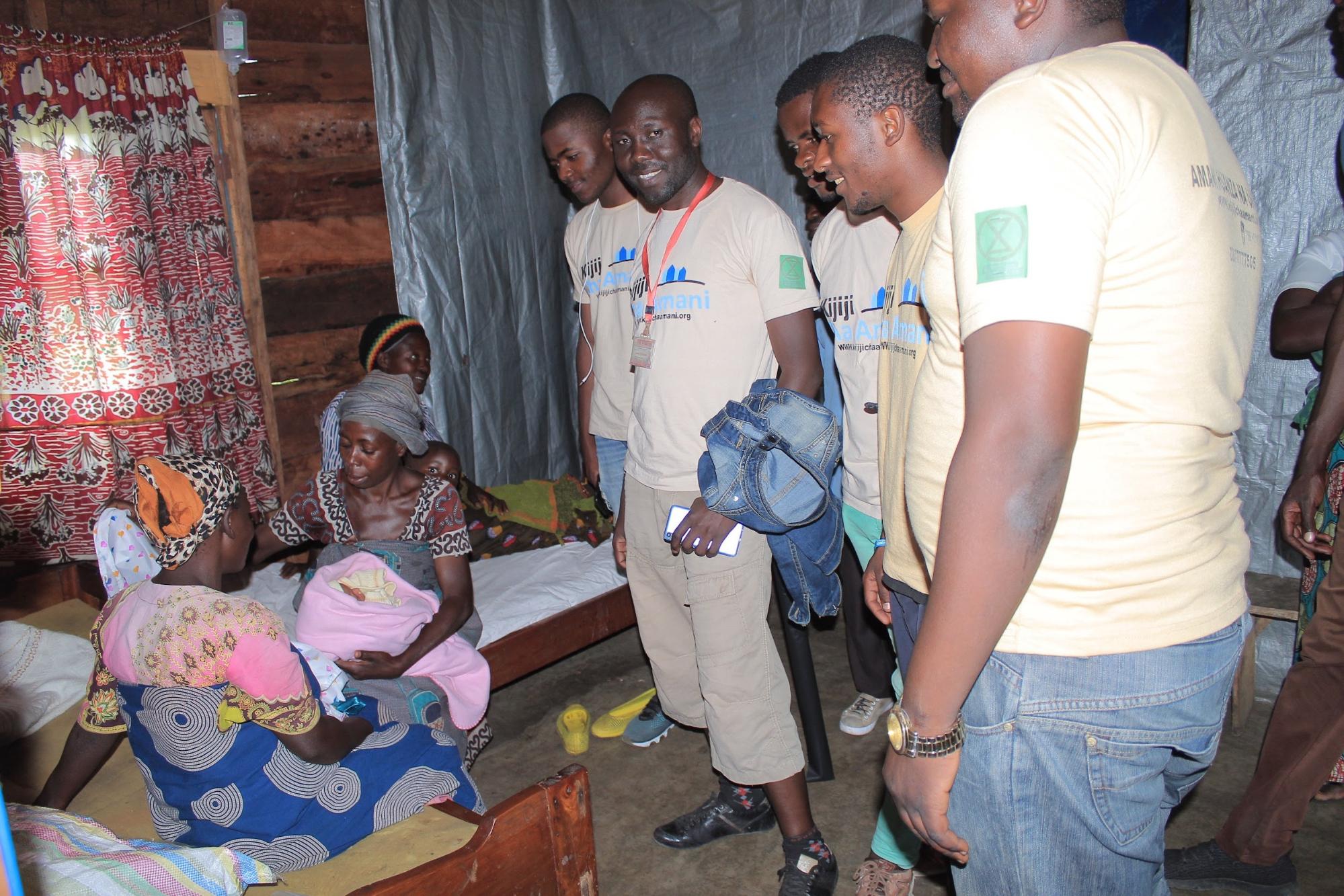
In the eastern part of the DRC, James is part of a group of volunteer ambassadors who get in touch with locals. They collect alerts about local conflicts, disease outbreaks, and environmental issues. Their work also involves assessing the challenges facing the local people which are then communicated to decision-makers. They also strategize with indigenous people on how to survive and make claims for their rights.
One of the biggest issues they are facing is the forests and parks being used as hide-outs for armed groups, with frequent cases of kidnapping and sexual assault. Recently, the ambassadors led a street action protesting violence against indigenous women. In another action, masks were distributed in an effort to inform locals about the risk of Covid-19.

The activists have high hopes regarding the two upcoming international summits: COP 15 on biodiversity and COP 26 on climate change. They are hoping for impactful intervention from the world’s most powerful countries and the securing of environmental justice for all people in the Global South. Their ideas for the Congo Basin include organizing the indigenous people into large producer communities; regenerating the forest and allowing local people to gain a livelihood from it by growing plants with both ecological and economic benefits such as fruit trees; providing and widening access to less carbon-intensive sources of energy.
James stresses that just sending money to the governments of countries such as the DRC won’t be effective. He argues that funds - even those given specifically to invest in environmental projects - might potentially end up in the current president’s election campaign, instead of going to where it is needed most. He suggests that funds should be given directly to local organisations who are close to the people and better understand the urgency and complexities of these local environmental issues.
